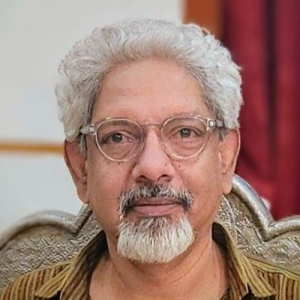This program explores both the persistent inequalities within and across nations and innovative policies to address them. A key part of this program is the development of alternative measures of economic deprivation and well-being that are more comprehensive than the prevailing approaches.
189 Related Publications
-
Working Paper No. 928May 13, 2019
Democratizing Money
-
Working Paper No. 927April 26, 2019
Recentered Influence Functions in Stata
-
Research Project ReportApril 01, 2019
Investing in Early Childhood Education and Care in Kyrgyz Republic
-
One-Pager No. 57September 10, 2018
Stagnating Economic Well-Being Amid Rising Government Support
-
Working Paper No. 914September 05, 2018
Quality of Match for Statistical Matches Using the American Time Use Survey 2013, the Survey of Consumer Finances 2013, and the Annual Social and Economic Supplement 2014
-
Working Paper No. 912August 29, 2018
The Sources and Methods Used in the Creation of the Levy Institute Measure of Economic Well-Being for the United States, 1959–2013
-
Public Policy Brief No. 146August 16, 2018
Stagnating Economic Well-Being and Unrelenting Inequality
-
Research Project ReportAugust 08, 2018
The Measurement of Time and Consumption Poverty in Ghana and Tanzania
-
Policy Note No. 4May 31, 2018
Wage Employment and the Prospects of Women’s Economic Empowerment
-
Working Paper No. 901March 06, 2018
Income Distribution, Household Debt, and Aggregate Demand
-
Press ReleaseDecember 22, 2017
Time Deficits and Hidden Poverty Threaten to Undermine U.N.’S Sustainable Development Goals, New Levy Institute Study Says
-
Policy Note No. 4November 09, 2017
How Time Deficits and Hidden Poverty Undermine the Sustainable Development Goals







